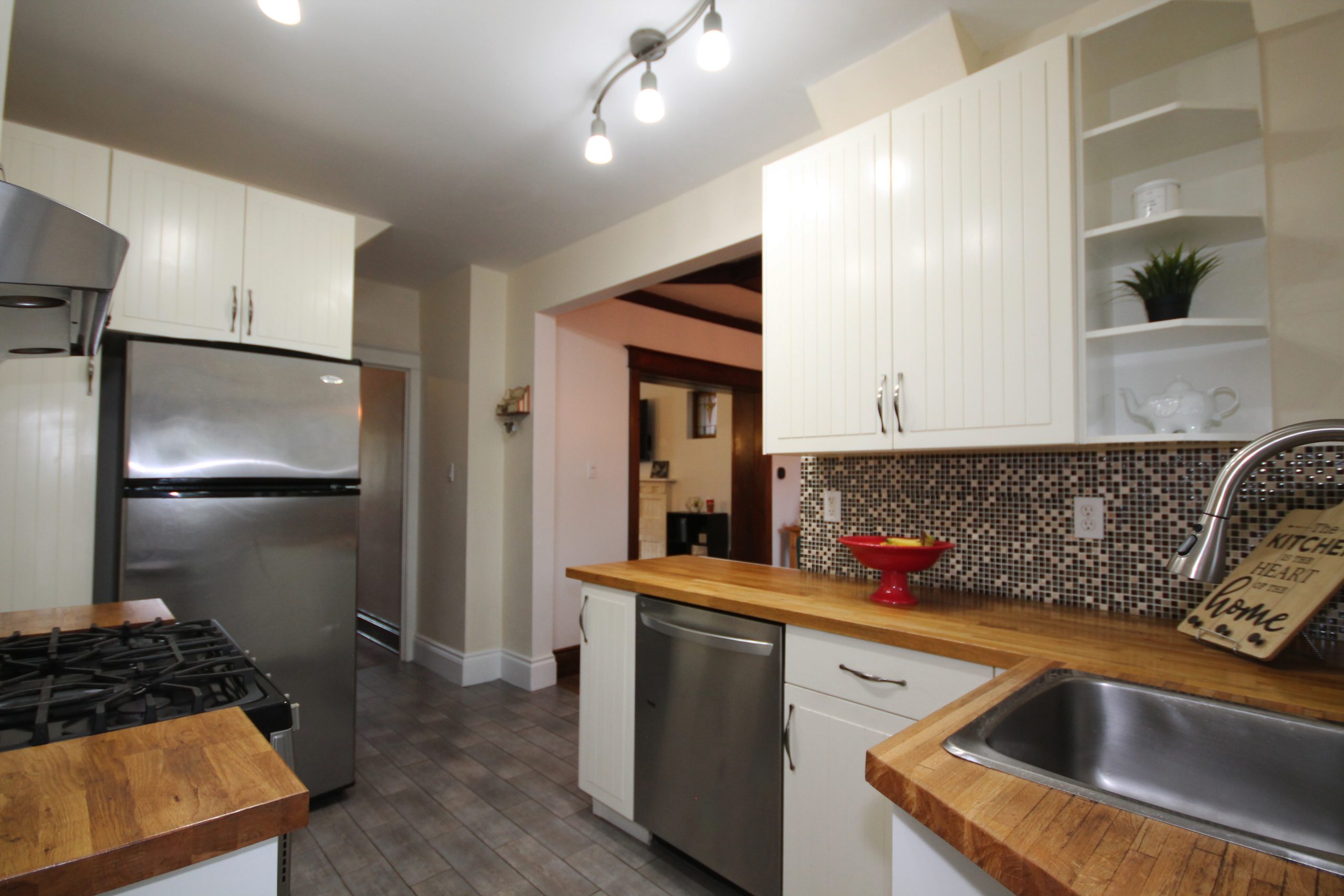What happens if my offer is rejected?
Offer Rejected? Here’s Exactly What Happens Next — Don’t Walk Away
Quick answer
If your offer is rejected, it’s not the end. Rejection is information. It tells you what the seller won’t accept. Use that intel to negotiate faster, smarter, and win more often.
Why rejection is good news
A rejected offer forces clarity. Sellers usually reject because of price, terms, timing, or competing bids. A quick, disciplined response turns a “no” into a deal or a stronger backup position.

Step-by-step playbook after an offer is rejected
- Pause and gather facts — Don’t react emotionally. Ask your agent for the seller’s feedback: price, conditions, and competing offers. This is the critical data.
- Reassess your position — Check your financing, deposit, subject removal timelines, and walk-away amount. Know your top line and your alternatives.
- Adjust the offer strategically — You don’t always have to raise the price. Consider stronger deposit, shorter conditions, flexible closing, or paying some closing costs to bridge gaps.
- Use an escalation clause when needed — If the market is competitive, an escalation clause can auto-increase your offer to beat rivals while keeping your exposure limited.
- Submit a clean counter or a best-and-final — Be direct. Sellers value certainty. A clean, uncomplicated offer with a clear closing date often beats a higher but risky bid.
- Prepare a backup plan — If you can’t get the deal, put in a backup offer. Many deals fall through; being next in line wins homes without bidding wars.
- Move fast — Sellers respond to speed. Quick follow-up shows you’re serious and can shift momentum.
Negotiation tactics that work
- Anchor strong: Open with a firm, credible offer to set expectations.
- Trade, don’t concede: Offer concessions in exchange for something you want (e.g., shorter possession for a lower price).
- Time pressure: A shorter acceptance window forces sellers to decide rather than stall.
- Credibility: Proof of financing and a clear timeline reduce seller risk.
How a top local realtor executes this
A top agent collects seller feedback, reads signals in competing offers, and crafts a targeted revision — not a reactive raise. They present options that preserve your leverage: conditional swaps, deposit boosts, or escalation language. That’s tactical negotiation, not guesswork.
Bottom line
A rejected offer is a negotiation moment, not a failure. With the right strategy you either get the house or secure an advantage in round two. Use clear data, fast action, and precise concessions.
For expert guidance and a direct, proven approach to winning homes in Toronto, contact Tony Sousa — local realtor who turns rejected offers into closed deals. Email: tony@sousasells.ca | Phone: 416-477-2620 | https://www.sousasells.ca





















